The Opening of 19th China Annual Economics Conference was held at Nankai University
2019-12-28
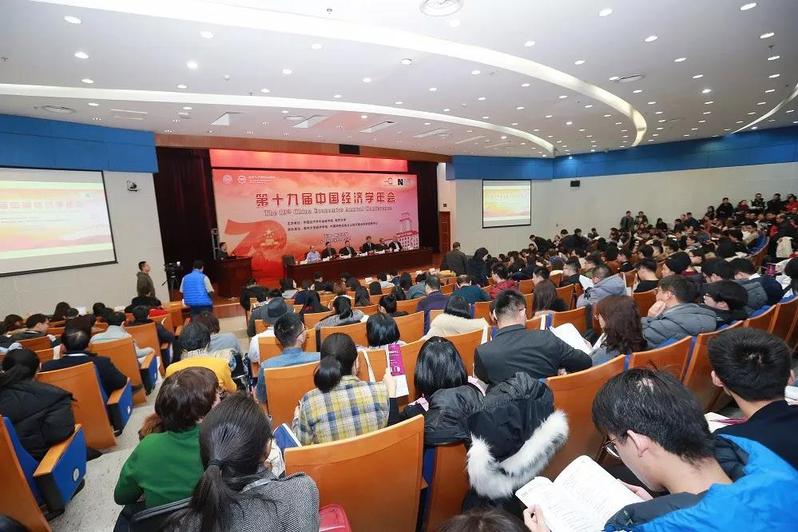
(Correspondent: Guo Shuyu) On December 14, 2019, the opening ceremony of 19th China Annual Economics Conference was held at Nankai University. It was the second time that Nankai University hosted this conference after 2004.
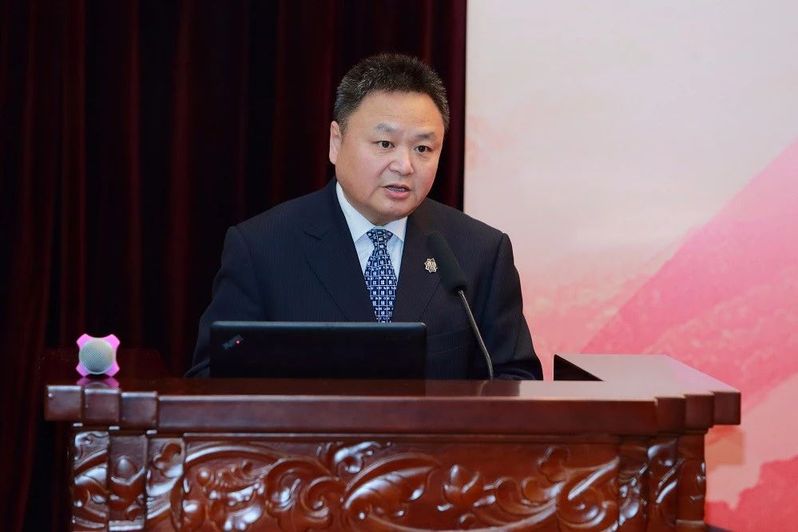
This year, the conference was jointly hosted by the Secretariat of the China Annual Economics Conference and Nankai University, and undertook by School of Economics and the Collaborative Innovation Center for China Economy. The conference attracted more than 500 participants, including representatives of 18 annual meeting units, nearly 40 heads of well-known domestic colleges and universities, more than 100 authors of selected papers, representatives of 15 publishing units and 13 academic journals.
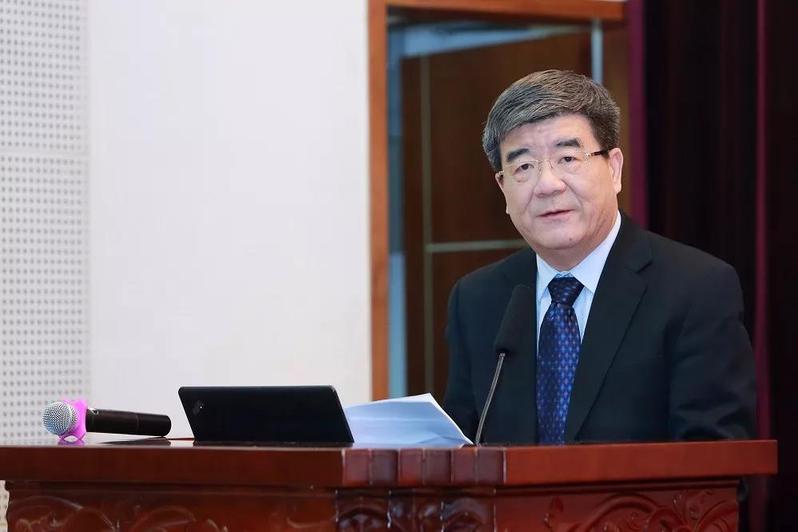
Guests attending the opening ceremony included: Professor Li Jing (Vice President of Nankai University), Professor Hai Wen (Chairman of the China Annual Economics Conference, Deputy Director of the School Affairs Committee of Peking University, Dean of the HSBC Business School of Peking University), Professor Zhang Xiaobo (Secretary General of the China Annual Economics Conference, Chair Professor of the National School of Development at Peking University), Professor Fang Hanming from the University of Pennsylvania and Professor Zhu Xiaodong from the University of Toronto. The opening ceremony was chaired by Professor Sheng Bin, Dean of School of Economics, Nankai University.
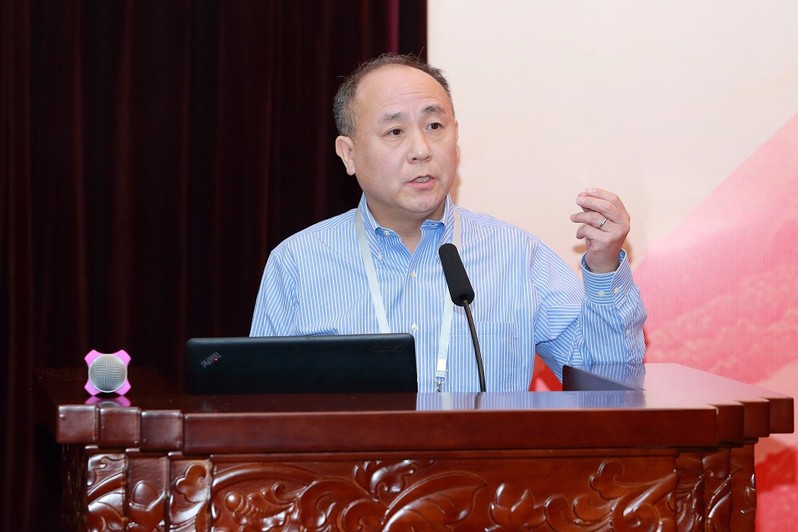
Vice President Li Jing delivered a speech, stated his welcome to experts and scholars who came to Nankai and expected that this annual conference contributed to a deeper understanding of the development, reform and open-up of Chinese economy, constructing socialist economics theory with Chinese characteristics and cultivating Chinese economics talents.
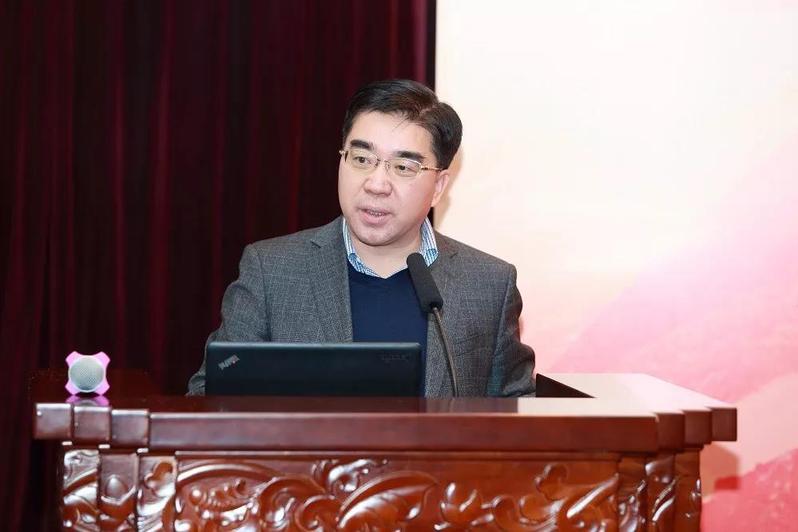
In his speech, Chairman Haiwen pointed out that in the face of the world's great changes and the new era of China, we should not forget the original intention of managing and helping people, keep in mind the mission of improving economics research and education and promoting China's reform and development, embody the actions and responsibilities of Chinese economists in the great cause of national development, social progress and human prosperity.
In the keynote speech Golden Age: A Sino-American Story, Professor Fang Hanming, by comparing the average wages of different age groups in the labor markets of China and US, found that the trend of the US has remained basically unchanged for 30 years, that is, the golden age (at which the wage is the highest) is 45-50 years old, while China's has been falling, from 55 in the 1990s to 35 today. Professor Fang then analyzed several reasons for this through data and predicted future trends.
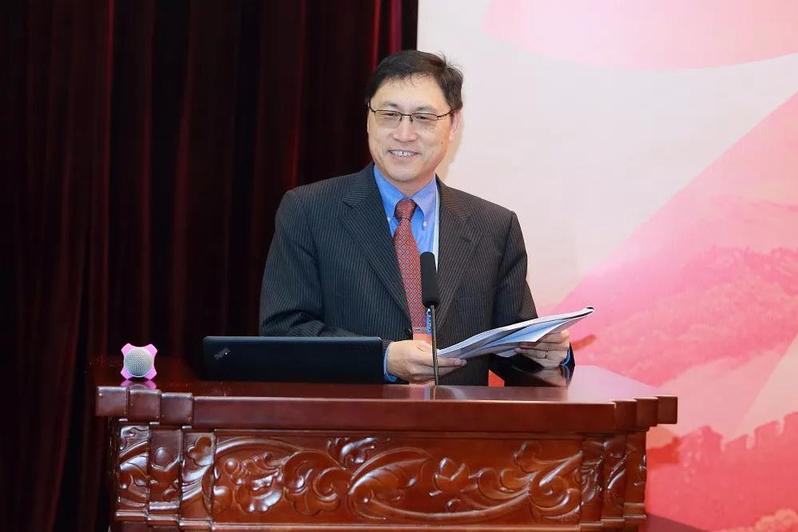
In the keynote speech Effects of Population Migration Policies on Economic Growth, Structural Transformation and Regional Income Differences, Professor Zhu Xiaodong believed that population migration data can be obtained through the census every five years to estimate the cost of migration . Modeling analysis shows that changes in population mobility policies have a huge impact on economic growth, structural transformation and income differences. He suggested further deepening reforms to reduce the cost of domestic trade and inter-provincial migration, which would help further activate the regional economy.
In the keynote speech Reflection on Globalization, Professor Sheng Bin analyzed the causes of the globalization since 1820 and the anti-globalization wave, pointed out the differences between the globalization and anti-globalization issues facing the world today. He emphasized that trade is not the most important cause of inequality, and that an effective way to address inequality is to reform domestic policies. Finally, Professor Sheng Bin introduced the enlightenment of anti-globalization thoughts to China.

The annual conference received more than 600 submissions in both Chinese and English. After intensive review, 115 outstanding papers were selected. The conference lasted for two days. In addition to the opening ceremony and keynote speech, there were also 68 branch venues, meeting of the governing unit, a joint meeting of deans (directors) of the School of Economics, a luncheon for female economists, recruitment meeting for economics teachers in colleges, academic book fairs, academic journal forums, etc.
The China Annual Economics Conference was founded in 2001. It is dedicated to building a platform to promote Chinese economics research and economics education, contributing to China's economic reform and development.